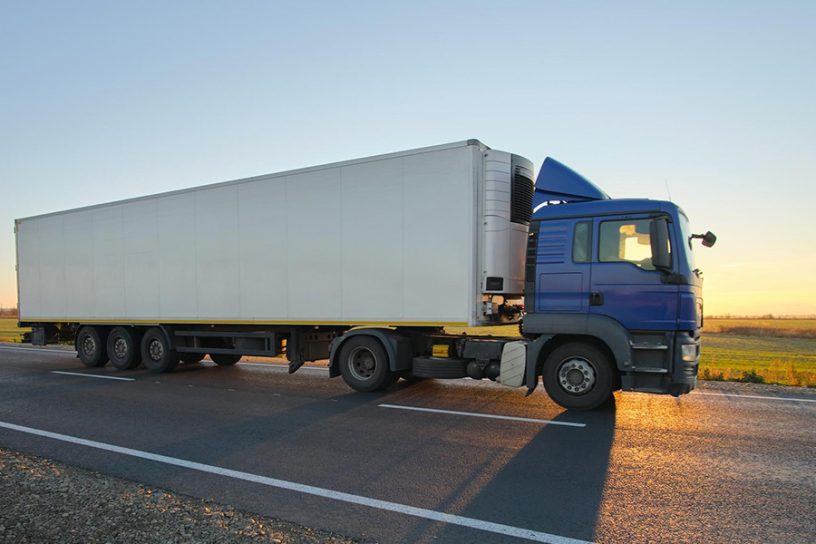
This study offers valuable insights about the factors that are currently driving crowd logistics (CL) development and how the facilitating aspects can be explored to ensure further development of CL.
Authors
Taab Ahmad Samad, Assistant Professor, Jindal Global Business School, O.P. Jindal Global University, Sonipat, Haryana, India.
Kunal K. Ganguly, Operations Management and Decision Sciences, Indian Institute of Management, Kashipur, Uttrakhand, India.
Debabrata Das, Analytics and Data Science Area, National Institute of Industrial Engineering, Powai, Mumbai, India
Summary
Crowd logistics (CL) can be understood as a concept in which logistics activities are outsourced to the occasional drivers selected from a pool of private or public travelers, and the operations are mediated by an online platform to attain benefits for the involved stakeholders. CL currently stands at a young state of maturity. Prior literature has identified the promising potential to help alleviate conventional business logistics’ sustainability concerns, and researchers have advocated the need for extensive research for the future development of CL.
However, the domain still lacks a developmental framework that explicitly studies factors affecting CL development and provides a roadmap for further growth. This study systematically reviews a portfolio of seventy-nine articles using the quantitative content analysis technique to identify the temporal trends in CL literature and collates lists of 11 barriers, 11 drivers, and 10 enablers to CL development.
Following the systematic literature review, this study appraises the barriers, drivers, and enablers using content analysis and proposes a preliminary framework for CL development. At the theoretical level, we propose a developmental framework and supplement it with relevant recommendations for operationalization and testing, followed by several research questions to open avenues for future research.
At a managerial level, our study helps practitioners with suggestions to adapt the proposed framework for CL businesses to foster sustainable CL systems. This study offers valuable insights about the factors that are currently driving [hindering] (or are likely to drive [hinder]) CL development and how the facilitating aspects can be explored to ensure further development of CL.
Published in: Computers & Industrial Engineering
To read the full article, please click here.


